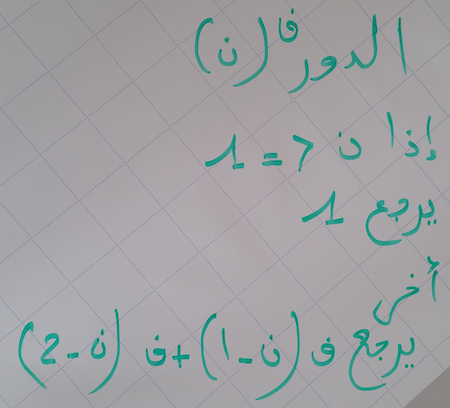I recently watched a short documentary about Frank Sinatra. The film didn’t go into great detail — it mainly covered the dramatic outlines of his outsized life and career.
In a sense, Sinatra’s life was neatly divided into three acts. From the time he was started his singing career at 19, he quickly shot up through the ranks, becoming a superstar in a few short years.
Yet there was a hitch: It all came crashing down in his thirties, when his marriage to Ava Gardner fell apart just as his popularity and his career started to tank. In the sad second act, the once golden boy was now on the outside looking in.
But ever ambitious, Sinatra set about rebuilding his career. He created a third act for himself by systematically reinventing his legend, first as a serious actor in Hollywood movies, then as a wildly successful nightclub entertainer and entrepreneur.
But this was not at all the same Frank Sinatra. He was now older, heavier, more guarded, more in control. His focus this time was on building an unassailable power base, creating a fast empire under his command, and entering the corridors of power, from Hollywood to Las Vegas to Washington. He now demanded unquestioning loyalty from those around him, and could be ruthless when he sensed that loyalty wavering.
So here we have a man in three parts: The sweet gangly younth, fresh faced and honored as a wunderkind, then the exile to the wilderness, and finally the grizzled older warrior, powerful in his reach, dangerous when crossed. He is still charming, but now with an unmistakeable hint of menace just below the shiny surface.
One thing that strikes me about this narrative arc is how well it also describes the life story of Steve Jobs. Which makes me wonder, is this a common pattern?
